Support us
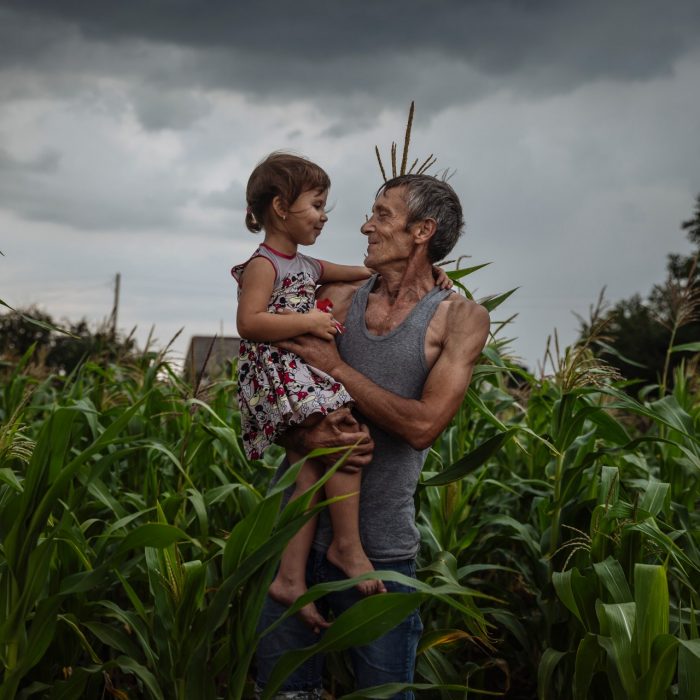
The Kaldor Centre's research is instrumental in shaping refugee policy globally. We believe that better evidence, better answers and better understanding are urgently needed if we are to successfully meet the challenges of human displacement in the 21st century. Discover our impact and make a donation to help fund our critical work.
The Kaldor Centre provides cutting edge and principled research and guidance on refugee law both in Australia, and internationally. Its work is evidence-based and solutions-oriented, and has supported efforts to protect and assist refugees and other forcibly displaced people by the United Nations, governments and civil society on the ground.
Volker Türk, United Nations High Commissioner for Human Rights
Help fund our work
- Support the Centre’s ongoing research on Australian, regional and global forced migration issues;
- Help change the conversation on refugees by engaging the public, media and policymakers with evidence-based contributions to the refugee debate;
- Invest in the thought leaders of the future by supporting our Emerging Scholars Network and mentoring program for displaced scholars;
- Enable the Centre to host public events throughout the year, sharing insights and bringing a broader understanding to complex issues.
Leave a lasting legacy
Making a donation to the Kaldor Centre in your will is a powerful way to support our work and will help us bring sustainable, legal and humane solutions to the world’s refugees.
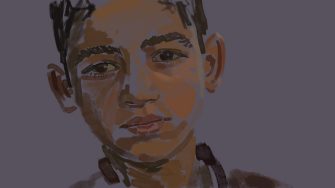
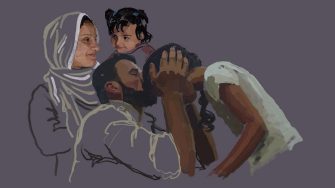
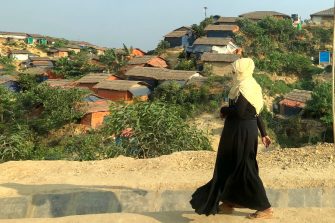
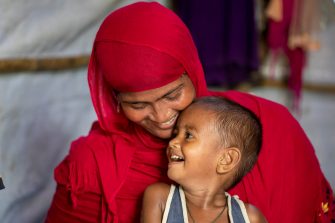
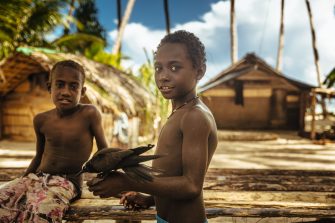
A donor's story
I first became aware of the Kaldor Centre for International Refugee Law when I read some of its publications, which I felt reflected a principled, human rights-focused approach to one of the world’s most disturbing challenges. While the media tends to portray refugees and asylum seekers as second-class people, living in dangerously filthy camps and slums, or undertaking ‘illegal’ journeys to find protection, the Kaldor Centre’s academics provide a welcome voice of reason. They carefully scrutinise what governments and world organisations are – and are not – doing to protect people in vulnerable situations.
My first donation to the Centre was in 2017, and since then, I have donated several times each year. I have seen the Centre build its international reputation as a thought-leader on refugee protection, and play an important role advising on domestic legal and policy changes.
I believe the Centre will always have work to do, something that has become even more important during the current pandemic. The Centre has demonstrated its hallmark agility and responsiveness by examining how governments’ responses to COVID-19 are adversely impacting on refugees and people seeking asylum. The Centre is working to ensure that these groups do not face discrimination or deprivation.
On-going funding of such work is critical for future generations. For this reason, I have decided to give to the Kaldor Centre in my will. I am leaving a significant portion of my estate as an investment to help secure the Centre’s future.

